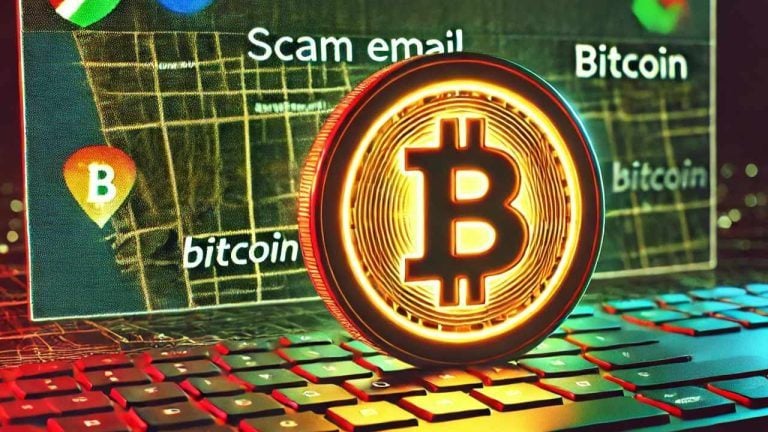
Millions of OpenSea user emails are now fully in the wild after the marketplace’s automation vendor leaked the emails in mid-2022.
Over seven million email addresses compromised in an OpenSea email vendor leak in 2022 have recently been “fully publicized” online — giving scammers a new treasure trove of information to work with, warns a SlowMist executive.
“Remember the attack on the OpenSea mail service provider in [2022] that led to the leakage of emails? The leaked email addresses have now been fully publicized after multiple disseminations,” wrote SlowMist’s chief information security officer “23pds” in a Jan. 13 post on X.
Speaking to Cointelegraph, 23pds explained that while the attack occurred in June 2022, the data had not been made public until recently, meaning “all groups of attackers can use this information to go phishing and scamming.”













